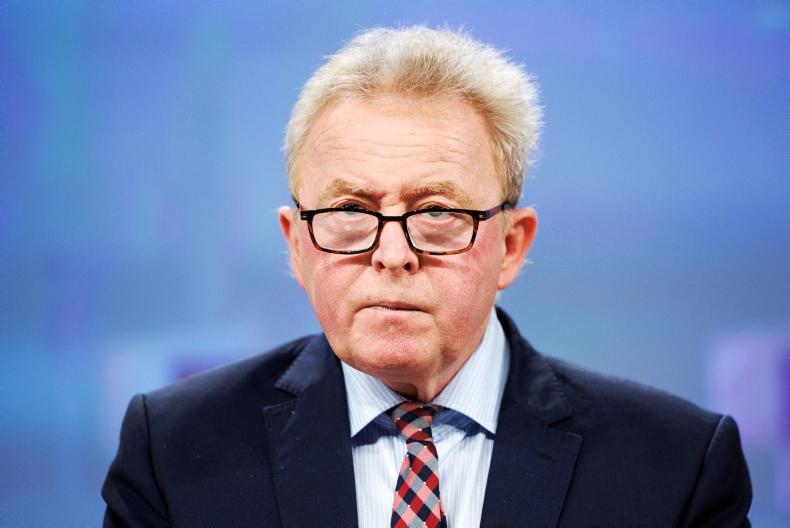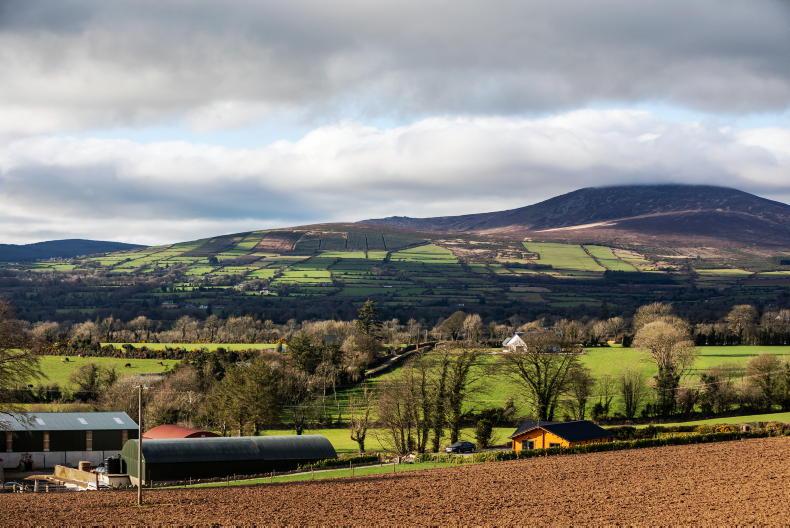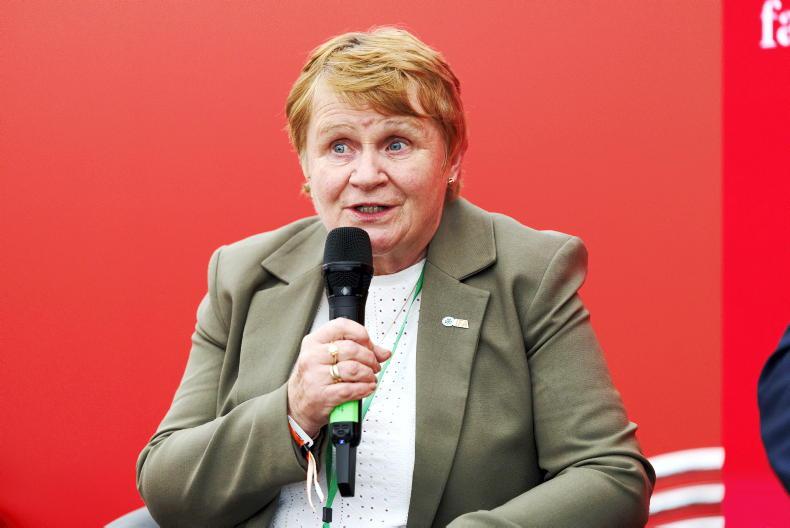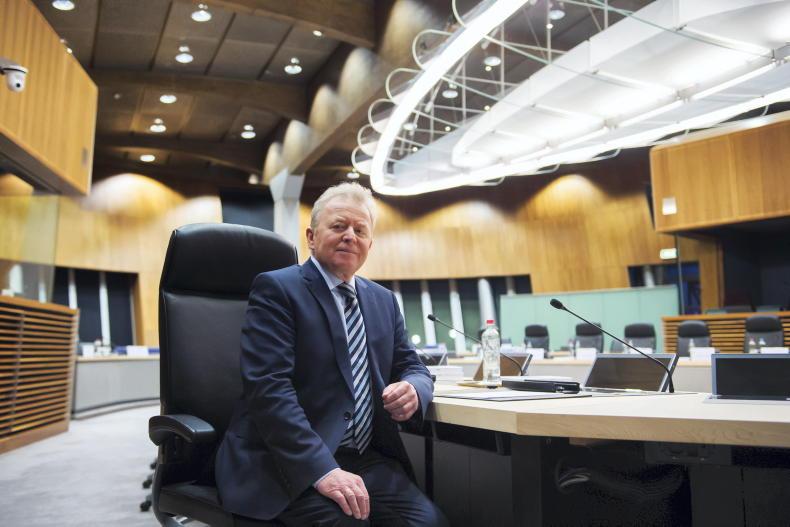The European Commission will not commit to adjusting CAP supports despite the unprecedented hike in input costs in 2022.
While European Commissioner for Agriculture Janusz Wojciechowski confirmed to the European Parliament’s agriculture and rural development committee last week that the Commission was planning an overall review of EU finances, he poured cold water on the notion of additional funds for farmers.
Commissioner Wojciechowski accepted that input costs had increased by between 23% and 33% in the case of field crops, and that this hit farmers’ incomes, but he pointed out that output prices for farmers in 2022 had also improved.
“For the right response, we must therefore consider the combined effect of higher output prices versus higher input costs, as well as the loss of economic value of CAP subsidies,” he told the committee.
“Our estimate suggests that the impacts of inflation differ substantially across type of farms and size,” the commissioner said.
Commissioner Wojciechowski maintained that the “absence of a correction for inflation” had always been a feature of the CAP’s “policy design”.
“This contributes towards a more market-oriented CAP,” the Commissioner claimed.
“In the context of rural development, inflation is creating implementation difficulties as the costs of projects increase,” he told committee members.
Member states were “amending their programmes to reallocate funds between measures when relevant and possible,” he said.
The Commissioner reminded MEPs that President von der Leyen has confirmed plans for a midterm review of the 2021-2027 financial perspectives in 2023, earlier than the originally planned date of 2024.
However, he cautioned MEPs against expecting any major policy or funding revamps.
“The commitment for a multi-annual financial framework (MFF) review is not a commitment to propose a revision,” Commissioner Wojciechowski stressed.
“And, at this stage, it is too early to speculate or foresee any such initiative,” he added.
“The questions underpinning the review will in large part have to take into account the new and foreseeable challenges, as well as the implementation [of EU policy] so far,” the Commissioner said.
The European Commission will not commit to adjusting CAP supports despite the unprecedented hike in input costs in 2022.
While European Commissioner for Agriculture Janusz Wojciechowski confirmed to the European Parliament’s agriculture and rural development committee last week that the Commission was planning an overall review of EU finances, he poured cold water on the notion of additional funds for farmers.
Commissioner Wojciechowski accepted that input costs had increased by between 23% and 33% in the case of field crops, and that this hit farmers’ incomes, but he pointed out that output prices for farmers in 2022 had also improved.
“For the right response, we must therefore consider the combined effect of higher output prices versus higher input costs, as well as the loss of economic value of CAP subsidies,” he told the committee.
“Our estimate suggests that the impacts of inflation differ substantially across type of farms and size,” the commissioner said.
Commissioner Wojciechowski maintained that the “absence of a correction for inflation” had always been a feature of the CAP’s “policy design”.
“This contributes towards a more market-oriented CAP,” the Commissioner claimed.
“In the context of rural development, inflation is creating implementation difficulties as the costs of projects increase,” he told committee members.
Member states were “amending their programmes to reallocate funds between measures when relevant and possible,” he said.
The Commissioner reminded MEPs that President von der Leyen has confirmed plans for a midterm review of the 2021-2027 financial perspectives in 2023, earlier than the originally planned date of 2024.
However, he cautioned MEPs against expecting any major policy or funding revamps.
“The commitment for a multi-annual financial framework (MFF) review is not a commitment to propose a revision,” Commissioner Wojciechowski stressed.
“And, at this stage, it is too early to speculate or foresee any such initiative,” he added.
“The questions underpinning the review will in large part have to take into account the new and foreseeable challenges, as well as the implementation [of EU policy] so far,” the Commissioner said.










SHARING OPTIONS